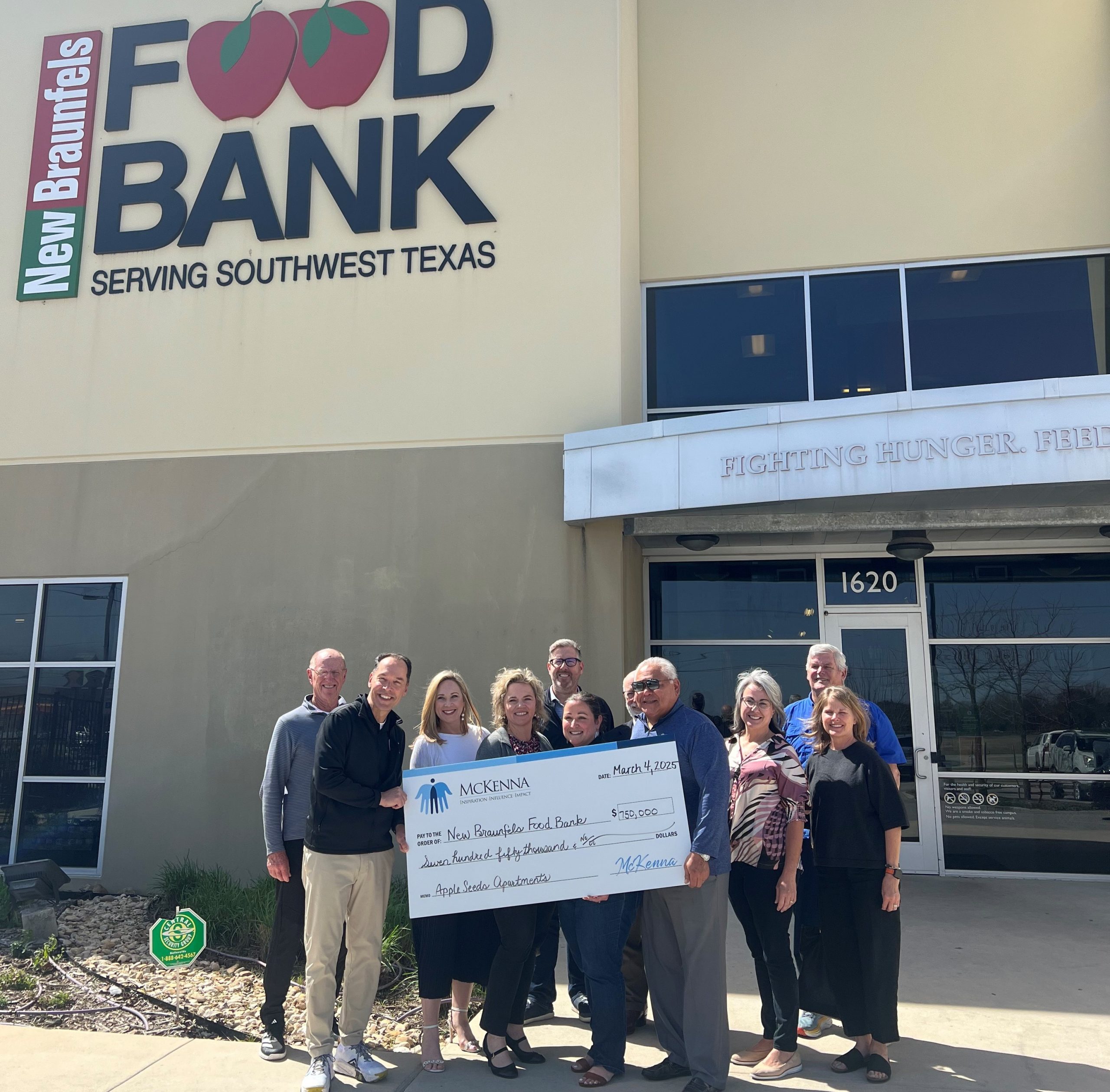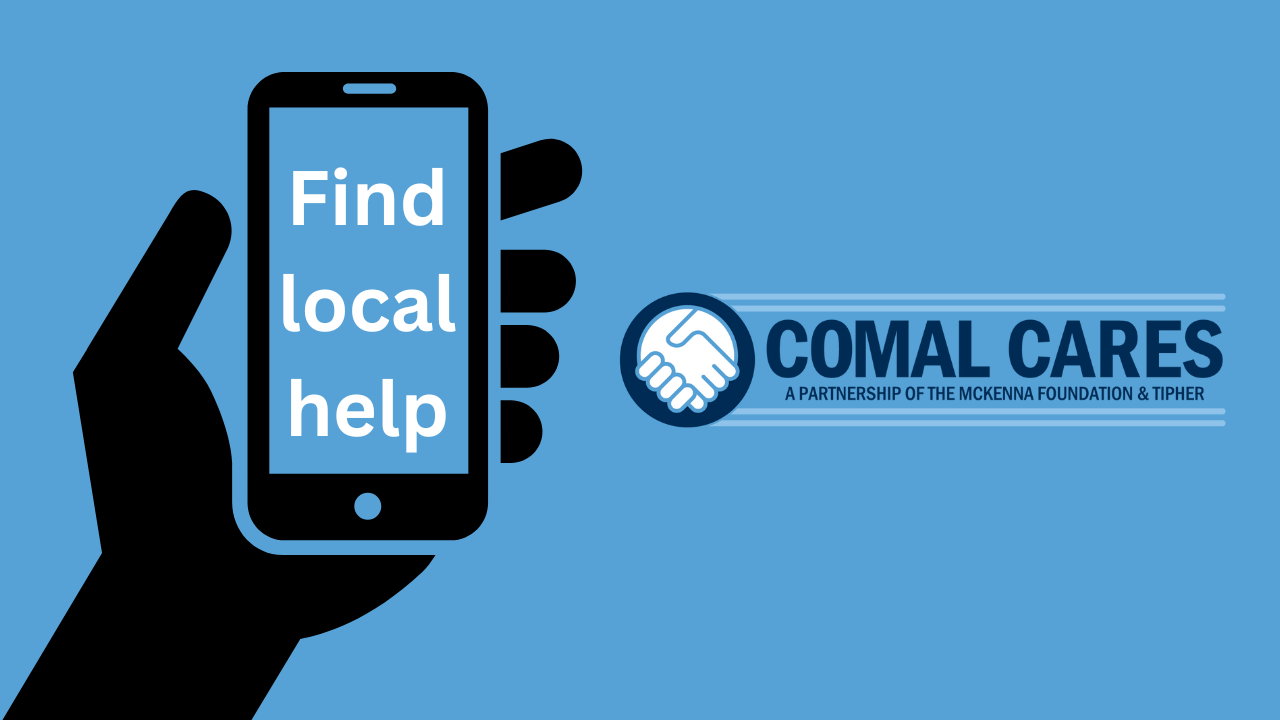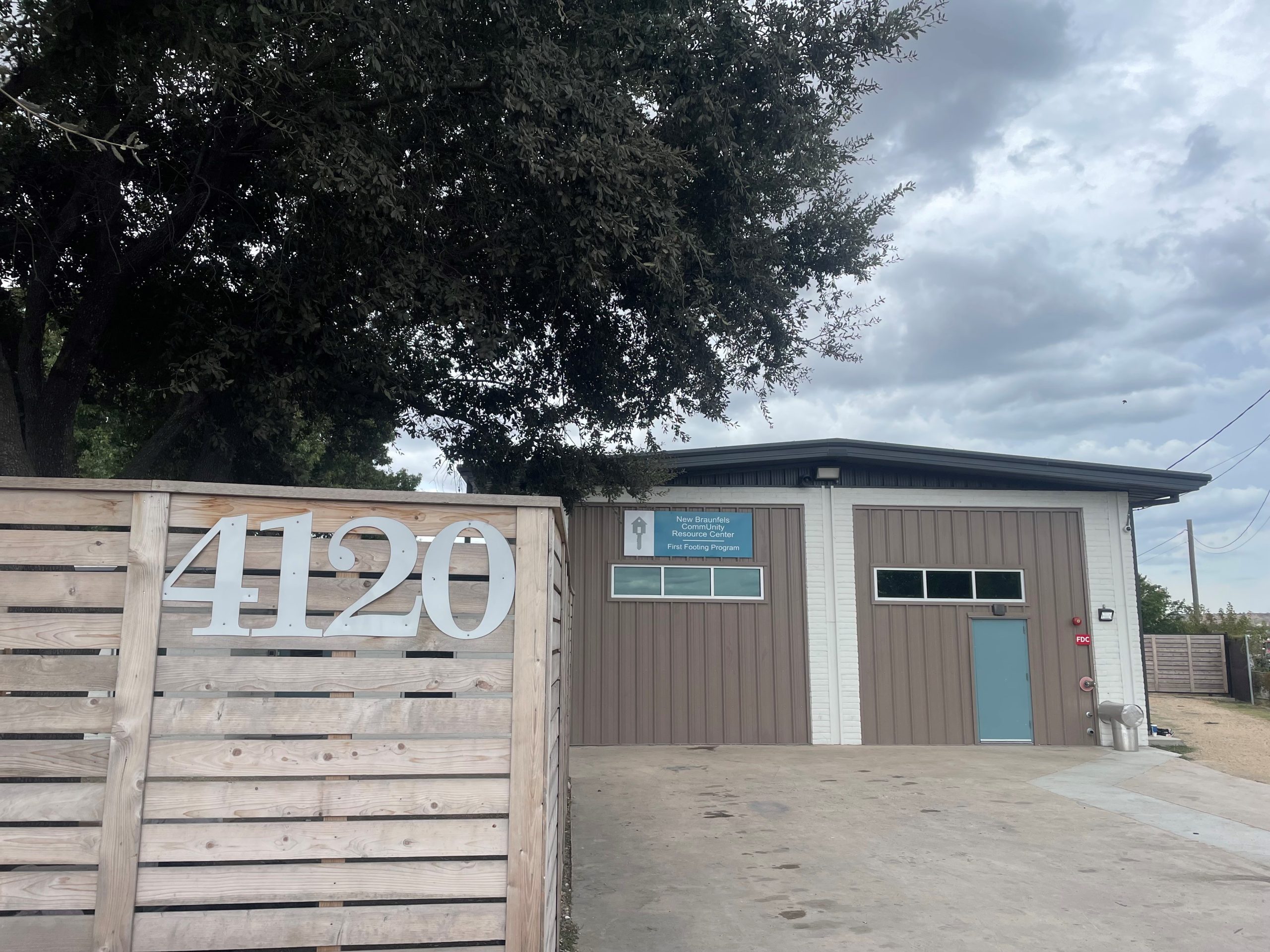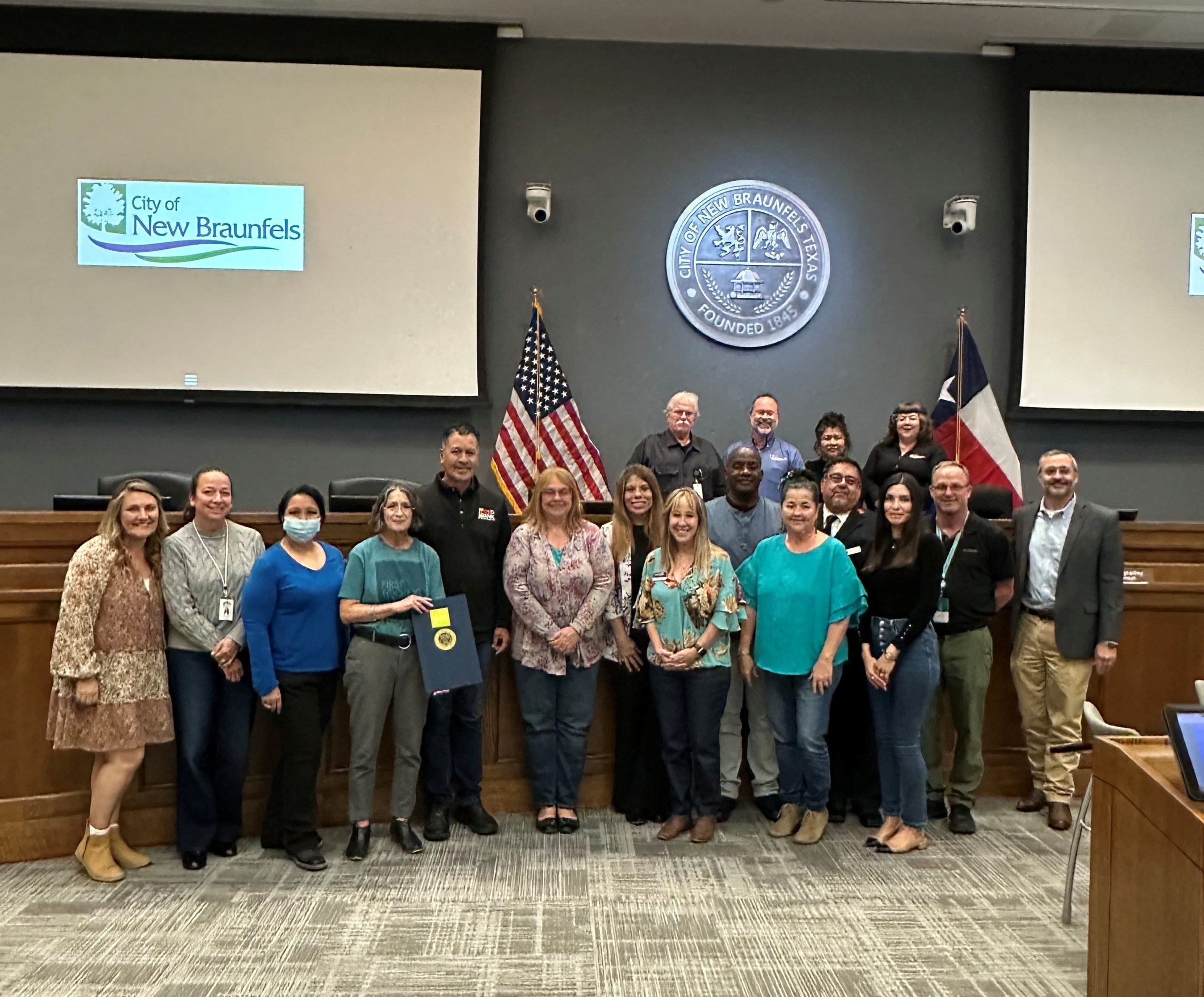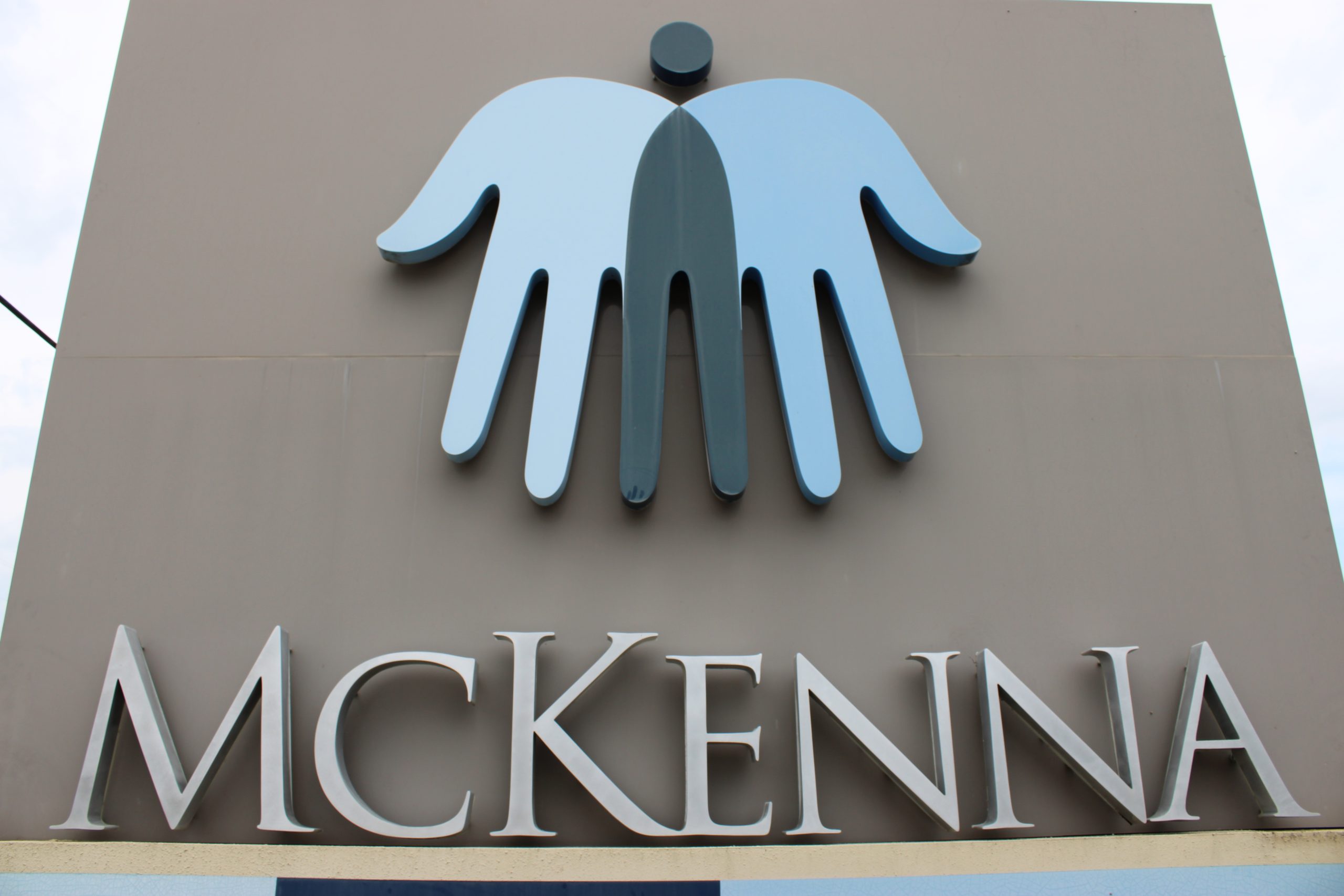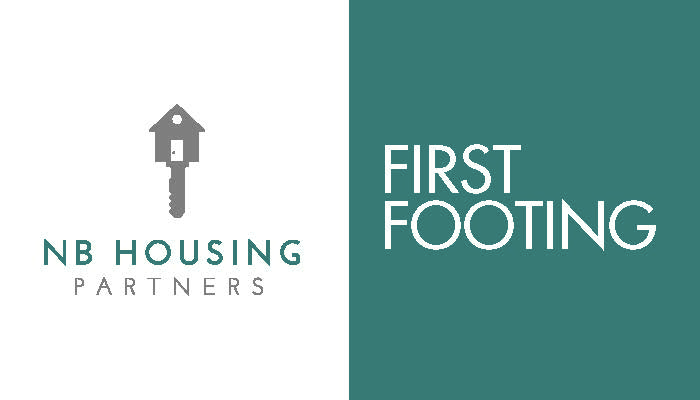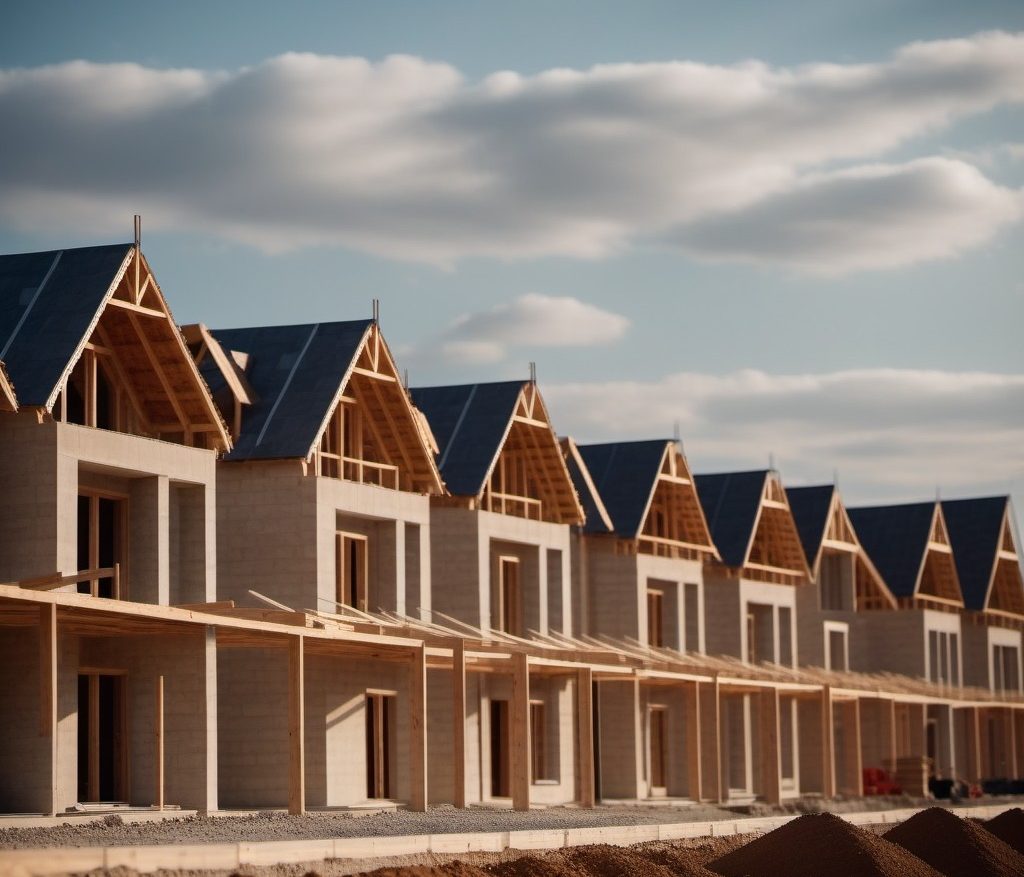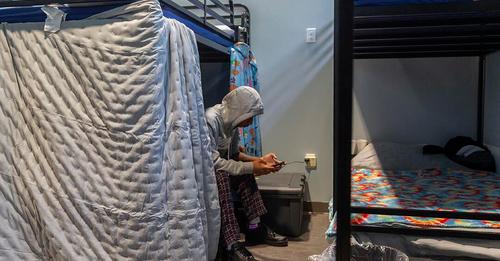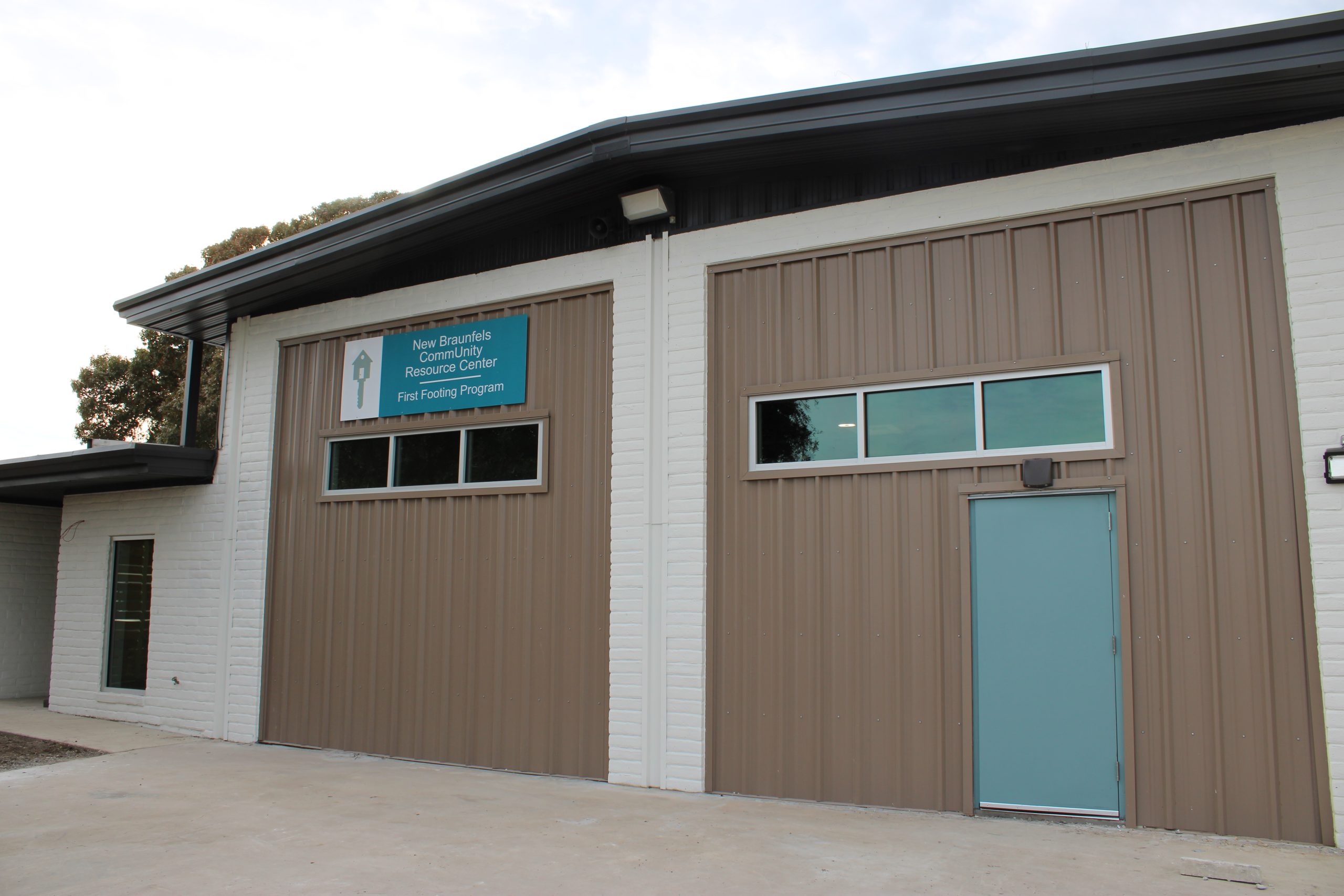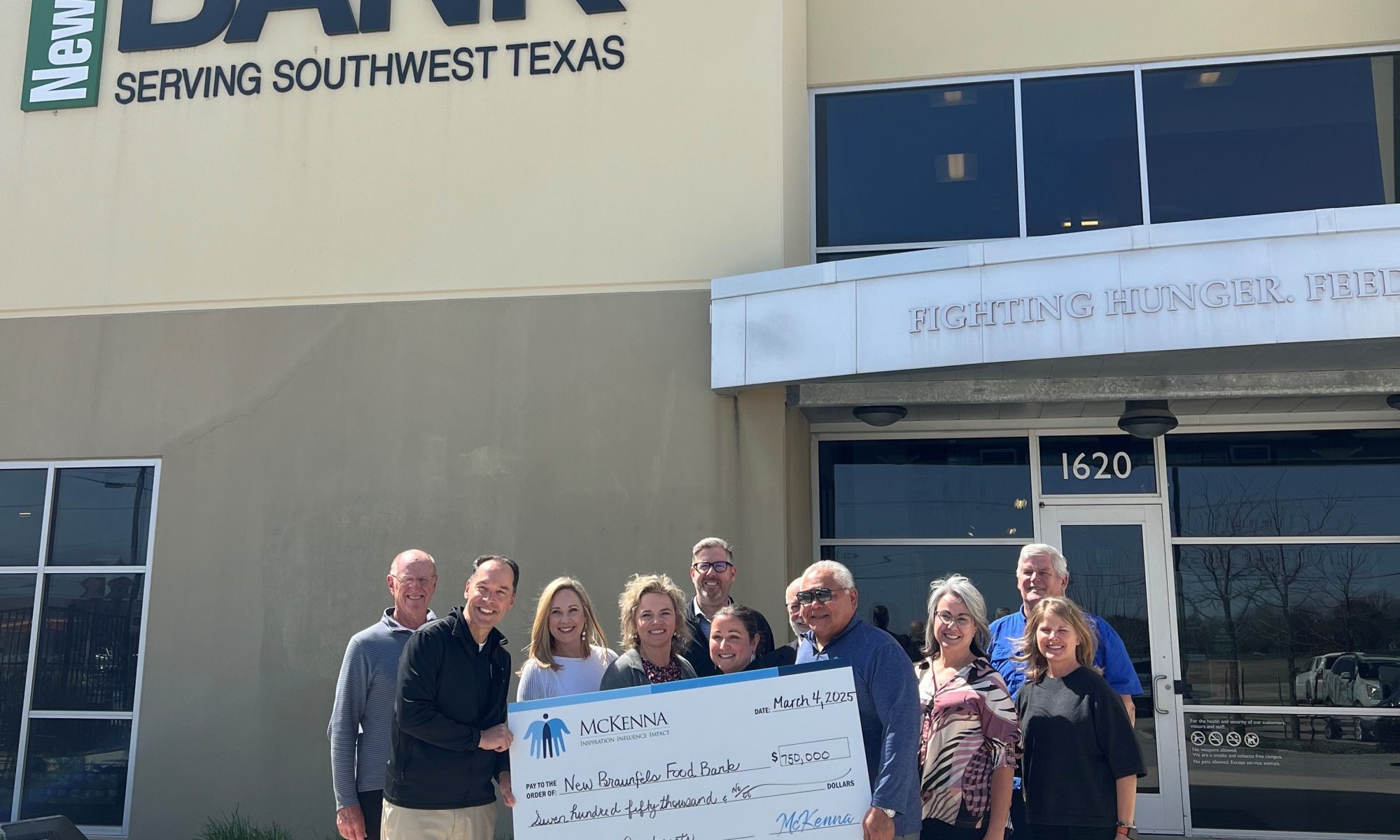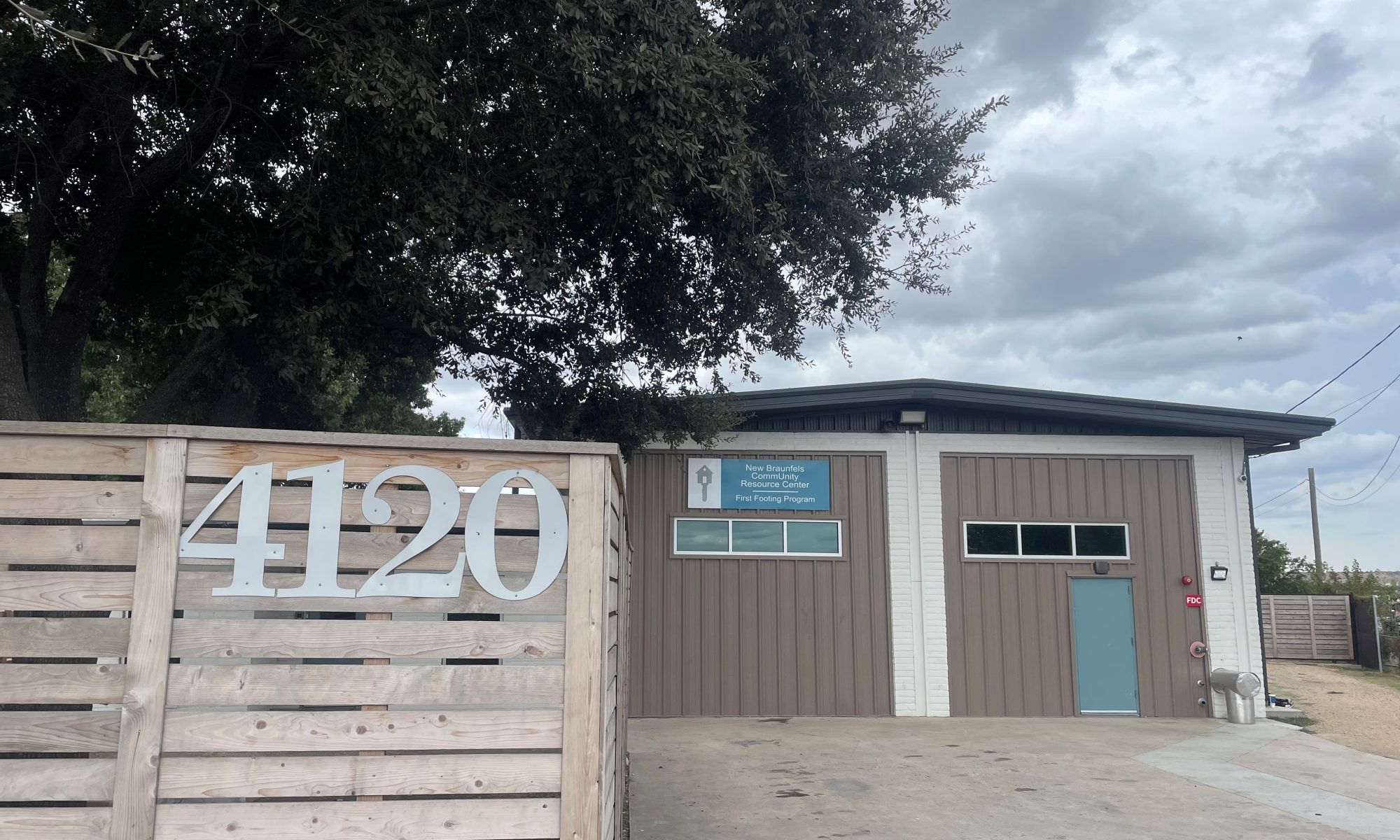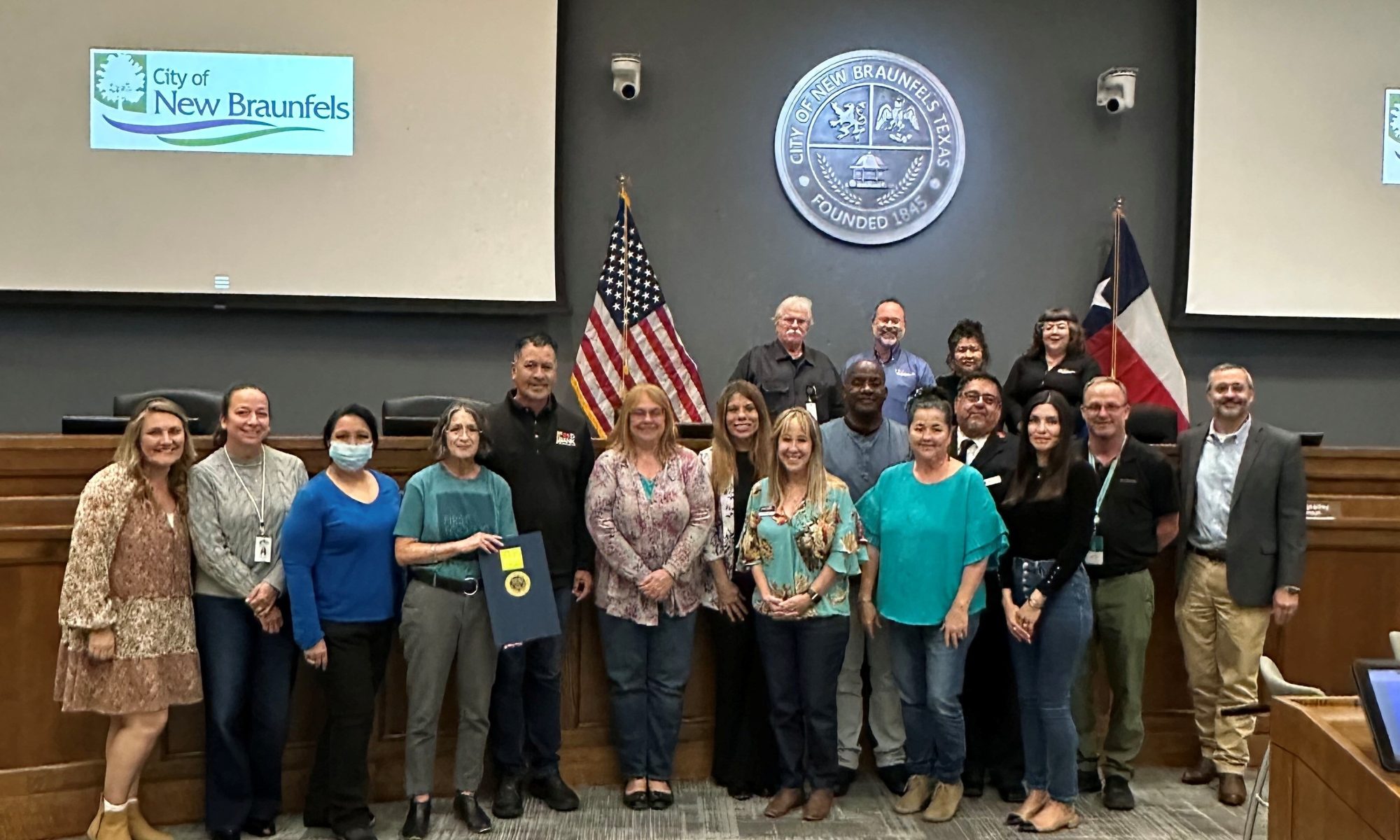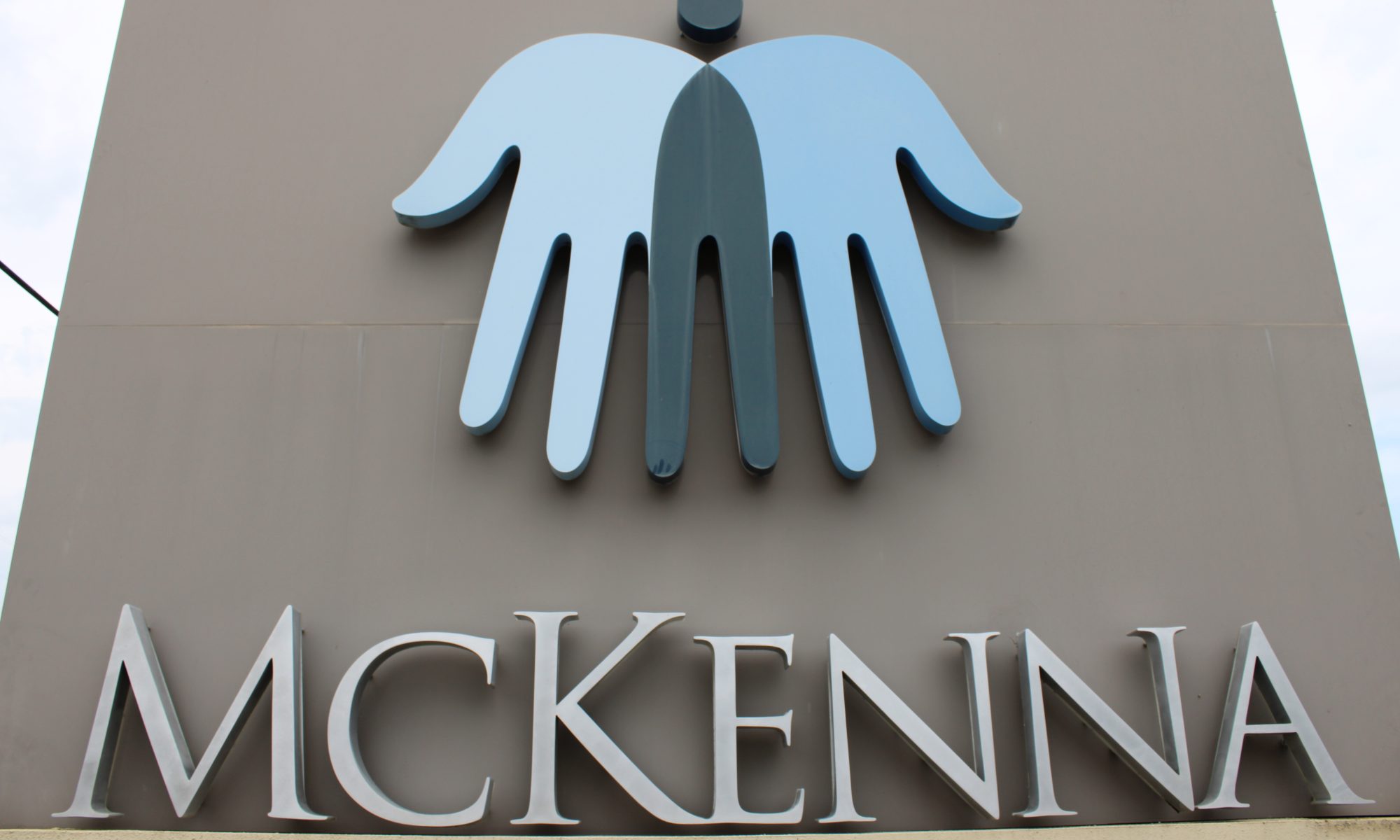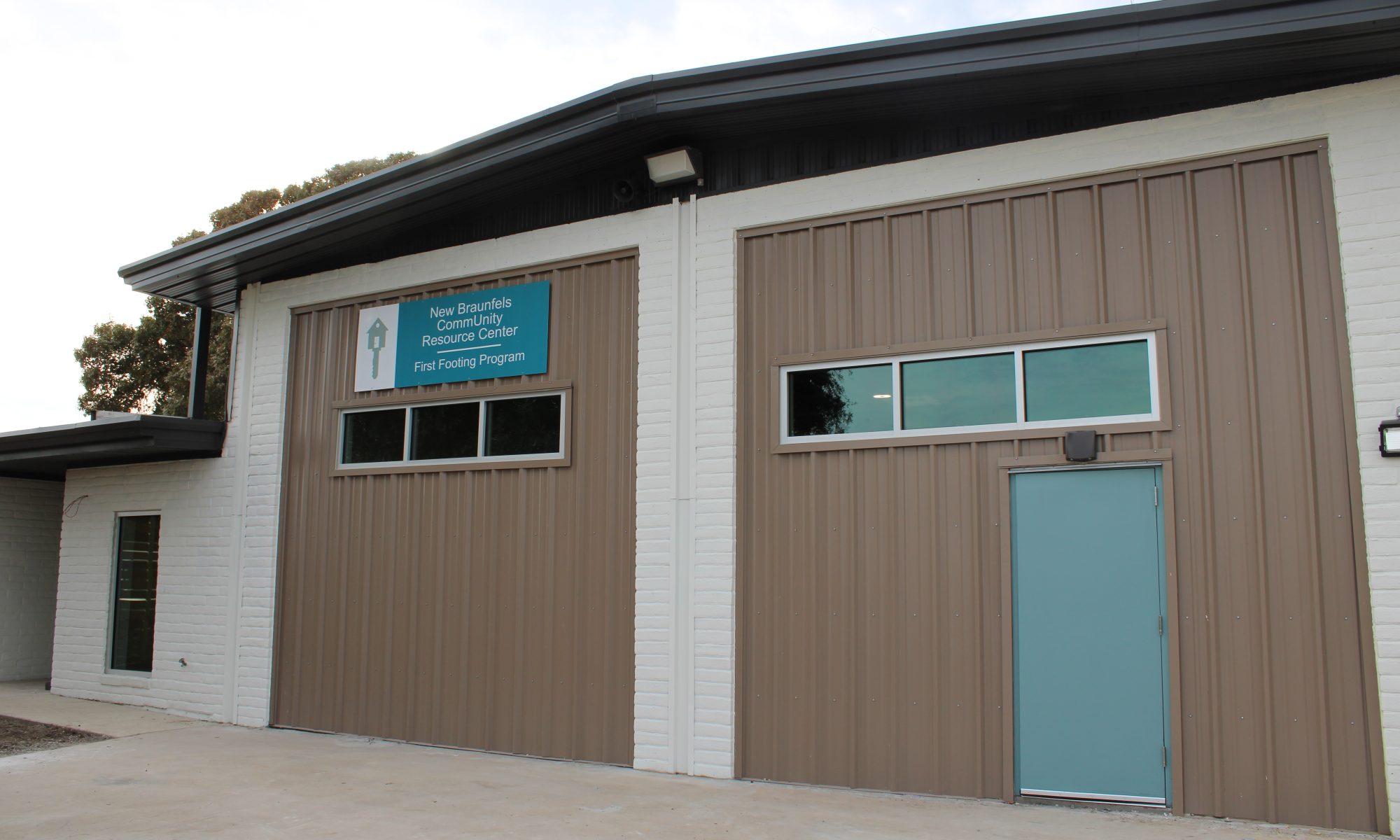Homelessness in Texas on the rise amid high housing costs, federal estimates show
“Homelessness in Texas on the rise amid high housing costs, federal estimates show” was first published by The Texas Tribune, a nonprofit, nonpartisan media organization that informs Texans — and engages with them — about public policy, politics, government and statewide issues.
For 24/7 mental health support in English or Spanish, call the Substance Abuse and Mental Health Services Administration’s free help line at 800-662-4357. You can also reach a trained crisis counselor through the Suicide and Crisis Lifeline by calling or texting 988.
The number of Texans experiencing homelessness is back at pre-pandemic levels, federal data shows.
Homelessness in Texas grew by more than 12% in 2023, in line with national trends, according to estimates released by the U.S. Department of Housing and Urban Development last month. More than 27,000 Texans did not have a permanent roof over their heads when advocates and volunteers across the country walked Texas streets on a night last January to conduct the Point-in-Time Count annual estimate of people experiencing homelessness. About 43% of those — or some 11,700 people — lived on the streets.
Low-income households in Texas now face significantly higher rents than they did prior to the pandemic — and no longer have the pandemic-era safety net afforded by federal rent relief funds and pauses on evictions that aimed to prevent landlords from ousting tenants who couldn’t make rent. Those factors have contributed to an overall increase in homelessness, homeless experts and advocates say.
“We’re in a huge affordability crisis,” said Eric Samuels, president and CEO of Texas Homeless Network. “There’s a lot of people out there at risk of homelessness. And if they fall into homelessness, we have a lot fewer units to help them escape homelessness.”
Homelessness rose in nearly every demographic group measured by the Point-in-Time Count estimate. The number of unhoused veterans and families with children grew in 2023 by 19% and 4.9% respectively. More Black and Hispanic people experienced homelessness than in the previous year.
Experts and advocates noted some bright spots.
Efforts in major Texas cities aimed at quickly getting people experiencing homelessness into new housing and connecting them with support services helped reduce chronic homelessness, which fell year-over-year by about 9%, estimates show. Someone experiences chronic homelessness when they have been unhoused for at least a year or multiple times “while struggling with a disabling condition such as a serious mental illness, substance use disorder, or physical disability,” according to The National Alliance to End Homelessness.
Meanwhile, the state’s overall population of people experiencing unsheltered homelessness — meaning they slept in outdoor spaces like encampments or other places people aren’t meant to live — grew by 6.5%, but fell in places like Dallas and Houston.
The Dallas region saw double-digit decreases in the numbers of people experiencing unsheltered and chronic homelessness last year, which local advocates attribute to a $72 million initiative launched in 2021 to rehouse people and families experiencing homelessness.
The push, dubbed the R.E.A.L. Time Rehousing Initiative and fueled in part by federal pandemic relief funds, relies on close collaboration between dozens of nonprofits who work in homelessness response and a network of landlords willing to give the unhoused a roof over their heads, said Sarah Kahn, CEO of Housing Forward, the lead agency in charge of tackling homelessness in Dallas and Collin counties. When city crews clear homeless encampments, outreach workers offer to connect people with housing and services, she said.
That approach has worked, Kahn said. In October, the initiative reached a goal of placing 2,700 people experiencing homelessness into new housing — and aims to house 6,000 by the end of 2025.
“It’s just important to remember that this work is hard,” Kahn said. “I know it feels slow to a lot of the public and a lot of people are wondering why we’re not making more progress than we are. I think the most important thing to remember is we have a proof point of what works and we have to keep investing and scaling those proven solutions if we want to see those numbers continue to go in the right direction.”
In Houston, federal pandemic relief funds supercharged yearslong efforts to reduce the region’s homeless population by placing those experiencing homelessness into apartments before providing them with support services — efforts Dallas officials took inspiration from when crafting its strategy to address homelessness. The region’s Community COVID Housing Program, buoyed by federal relief dollars, has housed or diverted from homelessness nearly 17,000 people since it launched in October 2020, according to Houston’s Coalition for the Homeless. Last year, the region’s population of people experiencing unsheltered and chronic homelessness fell by 17.3% and 3.7%, respectively.
But federal funds that paid for the program are set to expire by the end of the year, said Ana Rausch, vice president of program operations for the Coalition for the Homeless, leaving policymakers and those who work in homelessness response to figure out how to fund at least some aspects of the program after that money runs out.
“We have to continue to invest in housing if we want to continue to see a downward trend in our homeless numbers,” Rausch said.
This article originally appeared in The Texas Tribune at https://www.texastribune.org/2024/01/11/texas-homelessness-estimate/.
The Texas Tribune is a member-supported, nonpartisan newsroom informing and engaging Texans on state politics and policy. Learn more at texastribune.org.

